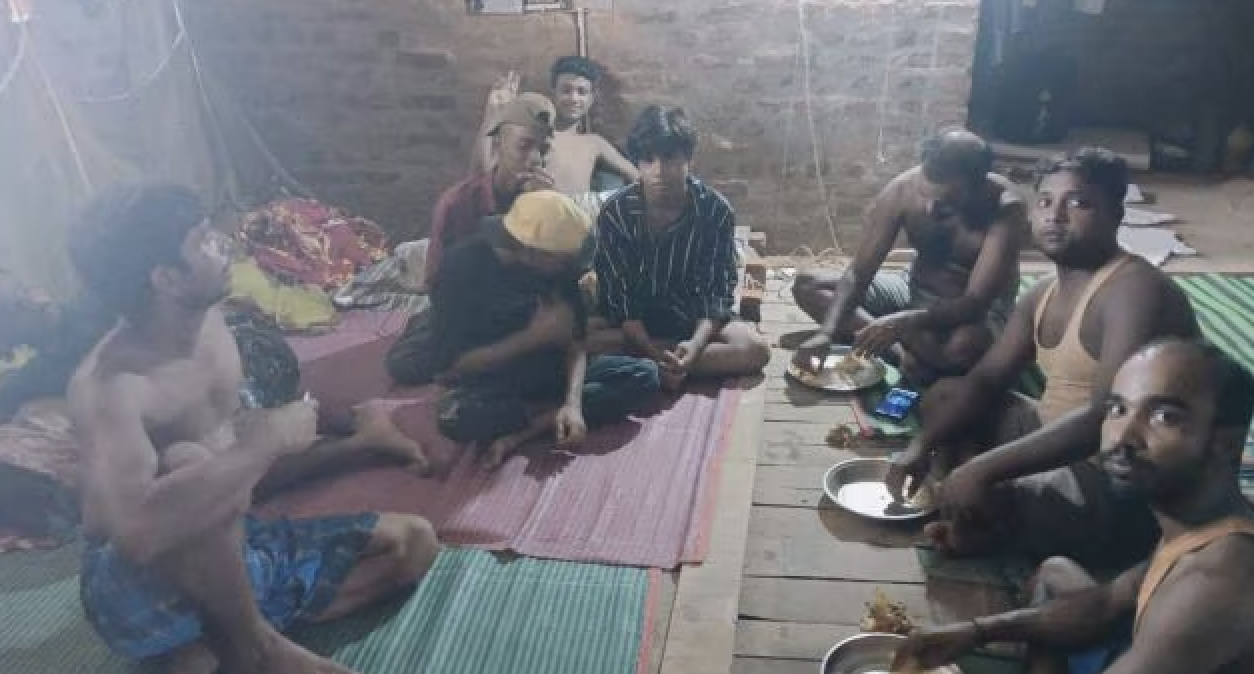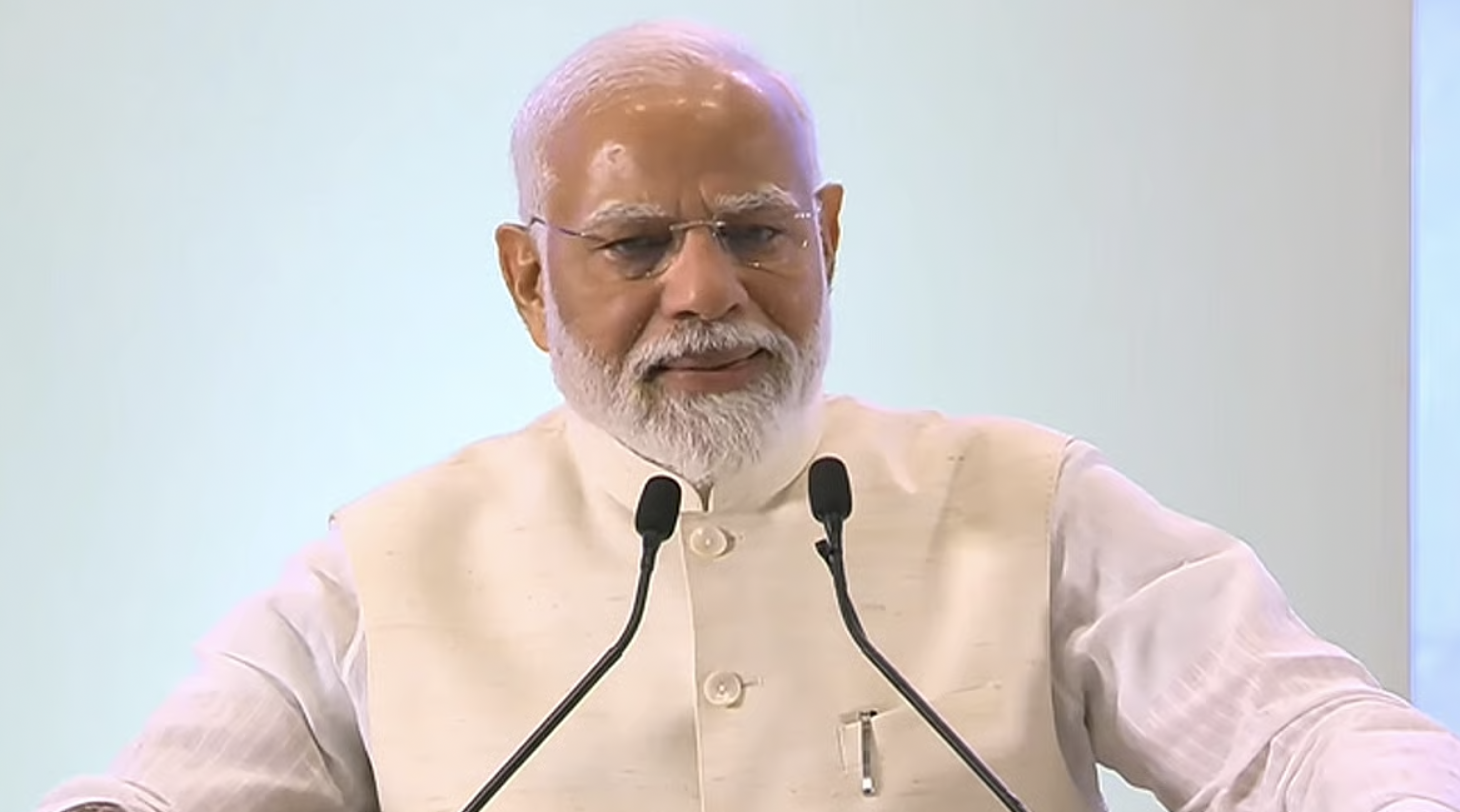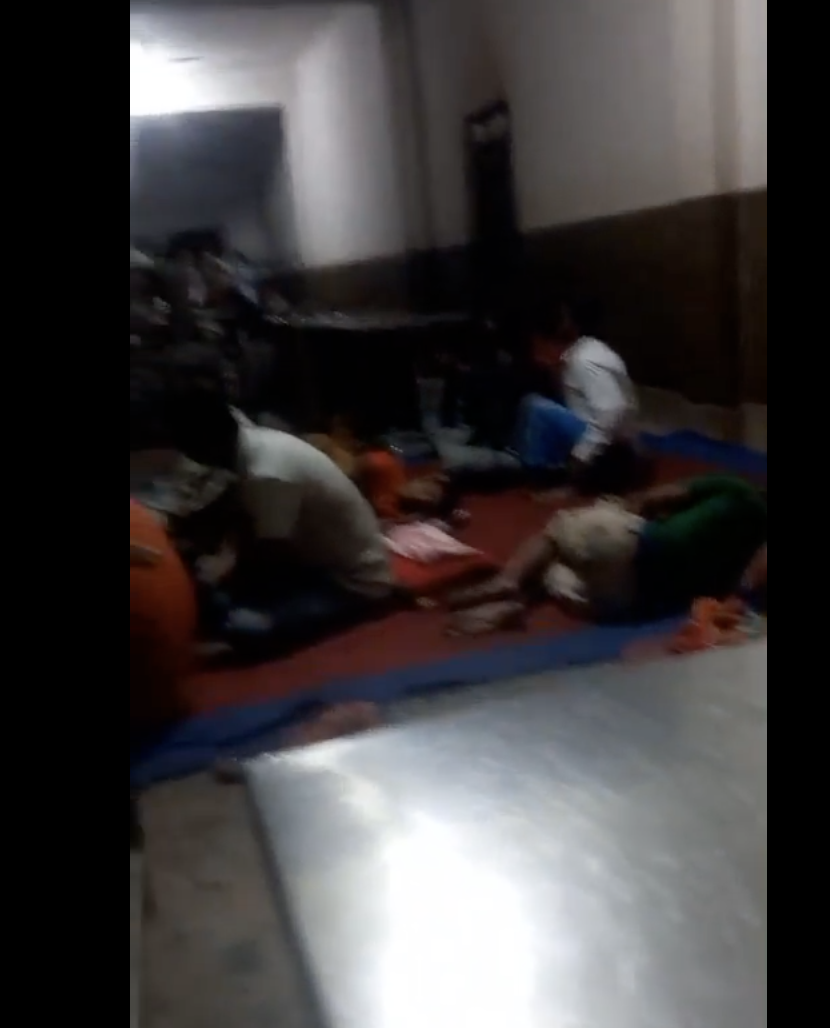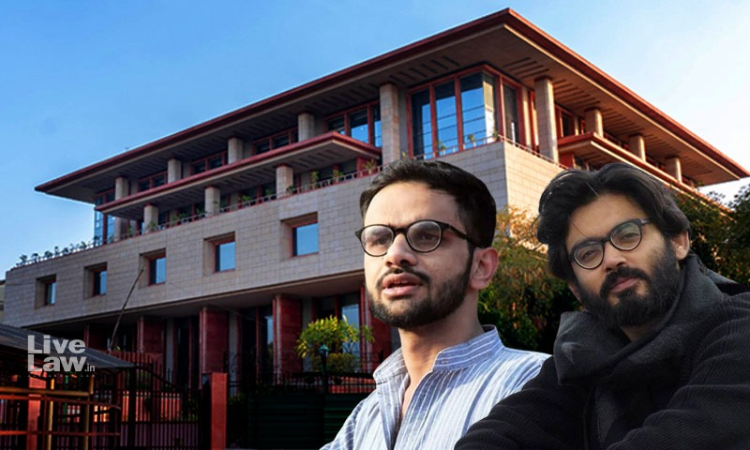
The Supreme Court is scheduled to hear on Thursday the petitions filed by Delhi police challenging the Delhi High Court verdicts granting bail to three student activists in a Delhi riots case.
The apex court had on June 18 expressed its displeasure over the high court discussing the entire anti-terror law UAPA in a bail matter and made it clear that the judgments shall not be treated as a precedent and may not be relied upon by any of the parties in any of the proceedings.
The top court, which had agreed to hear the appeals filed by police and issued notices to JNU students Natasha Narwal and Devangana Kalita and Jamia Millia Islamia university student Asif Iqbal Tanha seeking their responses, had refused to stay the high court verdicts.
The apex court had clarified in its June 18 order that release of these students on bail was not being interfered with at this stage. The pleas would come up for hearing on Thursday before a bench of Justices Sanjay Kishan Kaul and Hemant Gupta.
While hearing the matter last month, the top court had taken note of solicitor-general Tushar Mehta’s submission that the entire Unlawful Activities (Prevention) Act (UAPA) has been “turned upside down” by the high court in granting bail in the case and observed that the issue is important and can have pan-India ramifications.
Mehta had said that 53 people died and over 700 were injured during the riots which took place at a time when the then US president and other dignitaries were here. The high court had said although the definition of “terrorist act” in Section 15 of the UAPA is wide and somewhat vague, it must partake the essential character of terrorism and the phrase “terrorist act” cannot be permitted to be applied in a “cavalier manner” to criminal acts that squarely fall under the Indian Penal Code.
The Delhi police have assailed the verdict, saying the interpretation of high court would weaken the prosecution in terror cases. The police further contended in its appeal that the high court had said the UAPA provisions can only be applied to deal with matters of profound impact on the “Defence of India”, nothing more and nothing less.
The high court, in three separate judgments, had set aside the trial court’s orders denying bail to these student activists and allowed their appeals by admitting them to regular bail on furnishing a personal bond of Rs 50,000 each along with two sureties of the like amount.
These three student activists were released from jail on June 17.
The case relates to the last year’s communal violence in northeast Delhi during protests against the Citizenship Amendment Act (CAA).
In its three separate appeals filed in the apex court, the Delhi police have said that the high court’s findings are “perverse and contrary to record” and appeared to be based “more on the social media narrative than the evidence gathered and elaborated in the chargesheet”.
Kalita, Narwal and Tanha are accused in four, three and two cases respectively relating to communal riots that broke out on February 24 last year.
This story first appeared on telegraphindia.com






